|
Featured Product
Printed Obesity Algorithm Booklet Bundle of Five
$80 (You save $45!) Click here to order online.
|
|
Contact Us
| |
Bariatric Physicians
2821 S. Parker Road
Ste. 625
Aurora, CO 80014
303.770.2526 | asbp.org
Staff
Laurie Traetow, CAE, CPA
Executive Director
laurie@asbp.org
Beth Amelon
Sponsorships & Exhibits Coordinator
beth@asbp.org
Carly Crosby
Meeting Planner & Executive Coordinator
carly@asbp.org
Marcie Gonzales
Receptionist
marcie@asbp.org
|
|
|
|
Obesity Medicine e-Weekly
|
What is a Brand?
"For the brand to be believable, it must act on and accurately represent its promise."A brand is the sum of what someone thinks and feels about an organization. In other words, it represents the entire experience they have with the organization. This includes visuals, customer service experiences, discussions with colleagues, satisfaction with products and services, and even how long it takes for a website to load. People typically think the sum of a brand is a logo, a tagline, and a company name set in a typeface. In reality, that is only one very small element of an organization's brand. When an organization like ASBP goes through a rebranding initiative, the assessment of the current brand must begin with how members and prospective members perceive all aspects of the organization. This assessment encompasses the past, the present and the future. ASBP has a rich history filled with important people, events, and milestones, which all come together to create the perception of what our brand is all about. As ASBP grows and moves forward, it's important that our brand not only support our rich history, but also pave the way for our promising future. Have you ever had an interaction with a brand, where what you thought you were getting was not quite the case? For the brand to be believable, it must act on and accurately represent its promise. Our brand is important because it impacts whether or not someone will engage with our organization by becoming a member, attending a conference, or holding a leadership position. Health care providers have many options when it comes to membership organizations and educational opportunities. For ASBP to stay ahead, we must have a brand that sets us apart from other organizations and makes us undeniably relevant to all health care providers who encounter patients with obesity. If you have any questions related to ASBP's brand updates, please contact Rachel Nevers at rachel@asbp.org. Also, mark your calendars for July 8, at 8 p.m. Eastern Time, when we will host an online Q&A for all members to address questions about the name change and rebranding of ASBP.
|
News
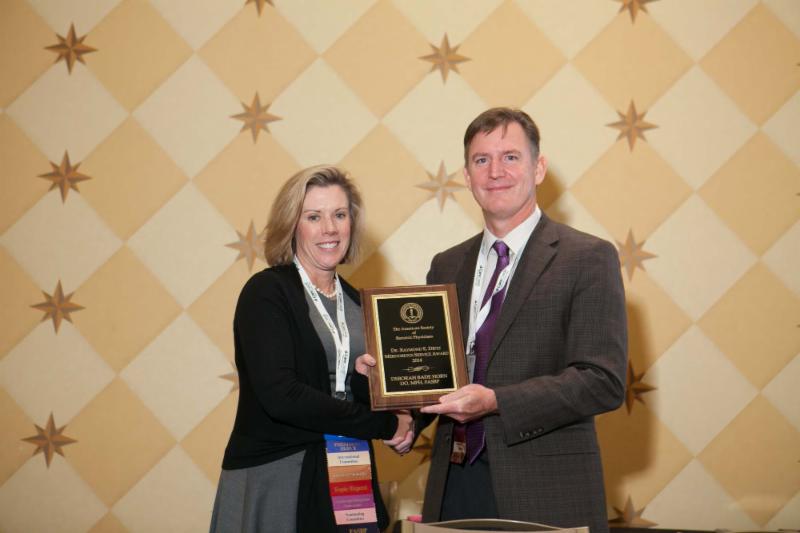 Nominate an ASBP member for an award Do you know an ASBP member who's worked tirelessly on behalf of the Society this year? Nominate him or her for an award! Awards are presented annually at the fall conference, and ASBP is now accepting nominations for Overcoming Obesity 2015. To nominate one or more ASBP members, simply complete the award nomination form (one form per nominee) and submit it to Rachel Nevers at rachel@asbp.org. (You may also fax or mail your nomination.) The deadline to submit a nomination is July 31. 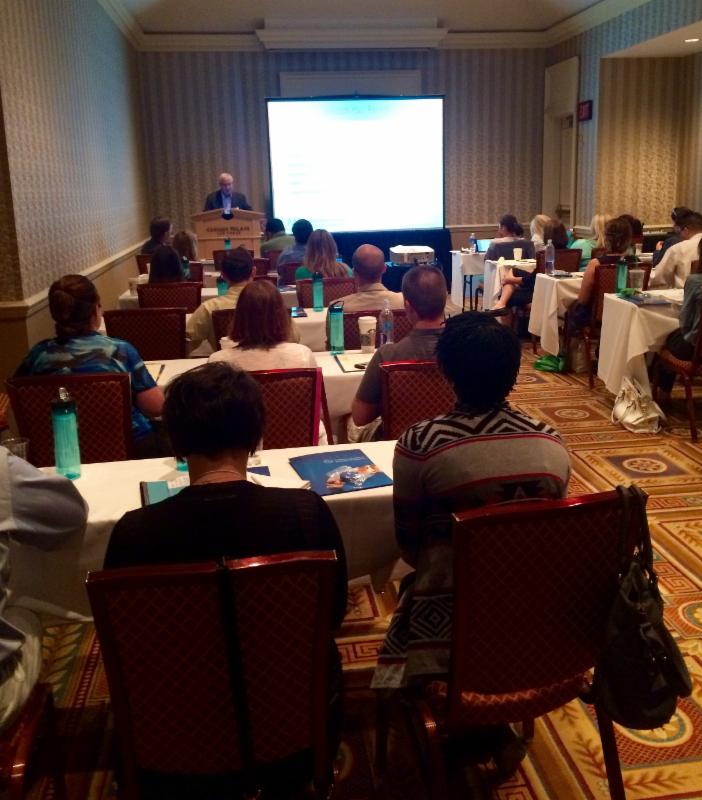 ASBP represented at ASMBS Obesity Week-End ASBP represented at ASMBS Obesity Week-End Last week, ASBP partnered with the American Society for Metabolic and Bariatric Surgery (ASMBS) to bring our Obesity Basic Medical Treatment course to their Obesity Week-End symposium in Las Vegas. ASBP president, Dr. Eric C. Westman, and trustee, Dr. Richard Lindquist, led an interactive session about the basics of medical obesity treatment, which was well-received by nearly 40 attendees who ranged in their levels of experience with medically managing obesity. Overall, Obesity Week-End attracted 500 attendees interested in learning about the surgical treatment of obesity.
 STOP Obesity Alliance releases new educational videos and website The Strategies to Overcome and Prevent (STOP) Obesity Alliance recently released a new series of educational videos to assist health care providers with their conversations with patients about weight and obesity. The videos are based on another resource released by STOP, the Why Weight? Guide to Discussing Obesity & Health with Your Patients. The new educational videos, and numerous other resources addressing specific points of interest, are now available online at www.WhyWeightGuide.org. Want more information about STOP Obesity Alliance and its resources? Sign up for the free, monthly e-newsletter.  Featured member benefit: Marketing-communication toolkit Featured member benefit: Marketing-communication toolkit All ASBP members receive access to the marketing-communication toolkit. The toolkit provides tips and ideas for media relations, including interview tips and news release templates, as well as digital media solutions to assist with your website and social media. You can access the marketing-communication toolkit online by logging into your member account and selecting the "ASBP Resources" tab on the left side of the page. Questions? Email membership@asbp.org.
|
Featured Member
Get to know your fellow ASBP members! Each month, we feature an interview with an ASBP member to help you learn more about your obesity medicine colleagues. This month's featured member is Dr. Carolynn Francavilla. Dr. Francavilla serves as ASBP's alternate delegate in the American Medical Association House of Delegates and as the chairperson of the ASBP Advocacy Committee. She is starting her own practice in Lakewood, Colo., where she will split her time between family medicine and obesity medicine. 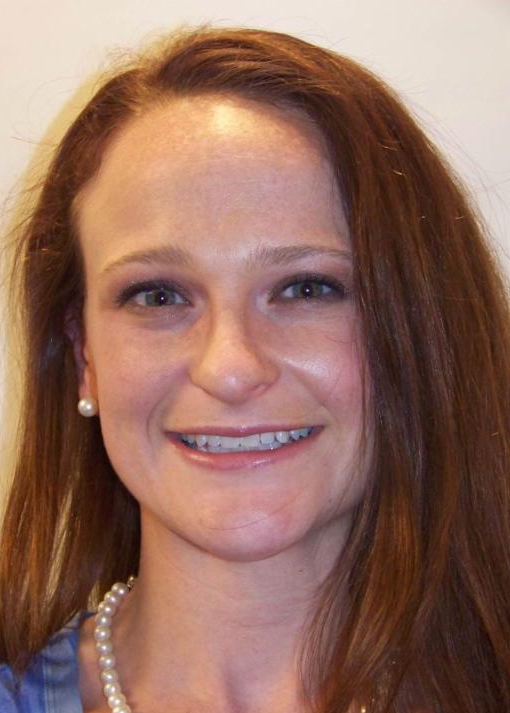 Q&A with Carolynn Francavilla, MD 1. How long have you been working in obesity medicine, and how did you get started in obesity medicine? Right away in medical school I realized I had a much different perspective than most of my colleagues. I was much less interested in treating rare diseases and much more focused on optimizing people's health. I had always been interested in nutrition and quickly saw the root of many medical problems was weight and nutrition. I knew I wanted to find a way to help improve my patients' health by focusing on lifestyle. I chose family medicine for residency and was able to take an elective on obesity with Dr. Rebecca Andrick as an intern. Working with Dr. Andrick, I created my own mini weight-loss program that I brought back to my residency. I also became a group leader for our Colorado-based Fit Family Challenge group visits. I quickly found my co-residents referring me patients and me teaching my attendings about obesity medications. My residency program was very supportive of my interest, and I was able to continue my focus with additional learning on obesity, including attending ASBP conferences. I took my obesity medicine board [certification exam] right after I graduated and started my dream job practicing obesity medicine and family medicine one year ago. I find helping my patients lose weight to be so rewarding and love improving my patients' health! 2. What advice would you offer to clinicians who are new to the field of obesity medicine? I can't recommend ASBP conferences highly enough - I learn so much. We have really amazing members who love to teach and support new obesity physicians. I recommend reaching out to obesity physicians in your area and at meetings - I have to thank Drs. Rebecca Andrick, Ethan Lazarus, and Eric Westman for mentorship as I've started my journey. If possible, start incorporating obesity medicine into your current practice, and recommend patients follow up with you for obesity-intensive appointments. This gives you a chance to build your reputation and your program slowly as you build your expertise without plunging into a whole new venture. 3. What excites you the most about the field of obesity medicine right now? Being present when the AMA voted to call obesity a disease was a huge moment for me. I am hopeful this will help us get more care to more people and help reduce the stigmas associated with obesity. I am also very excited about the gut microbiome. We have a lot more to figure out, but I think this will continue to offer explanations for causes of weight gain and hopefully treatment options as well. 4. What are your favorite ways to spend your time off? Since I live in Colorado, I love to spend my free time skiing and hiking with my husband, Elias. I also love to work out and cook. 5. If someone were to write a biography about you in a few years, what do you think the title should be and why? "Don't Use the F Word and Other Tips from a Weight-loss Doc." I have a pet peeve about the F word (fat), especially when health care providers use this term to describe patients. Many of our colleagues perpetuate biases about weight and place blame on patients using this and other derogatory terms. I like to take the chance when I hear an F bomb to discuss obesity as a disease and our role as health care providers in treating our patients for it.
|
Foundation
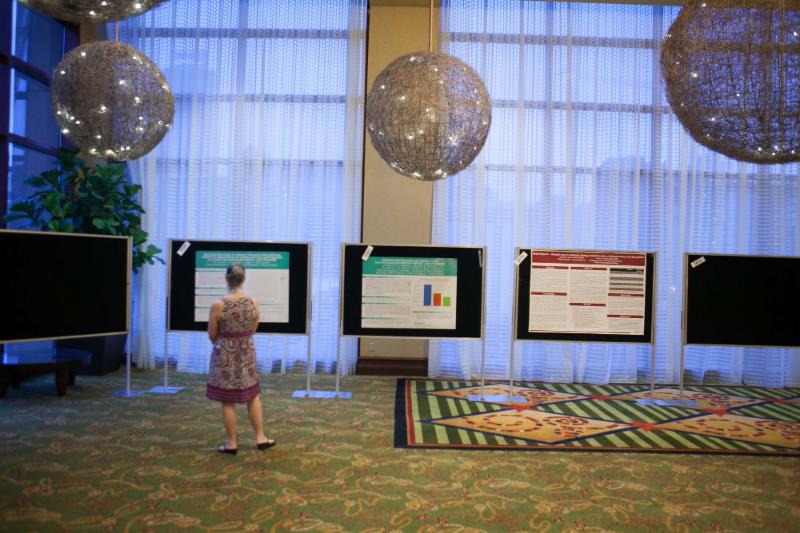
This fall, the Obesity Treatment Foundation will host a cocktail party and silent auction fundraiser at Overcoming Obesity 2015. Show your support to the Foundation by donating an item for the silent auction. Simply complete your donation form and submit it to stacy@asbp.org by Aug. 21.
|
Resources
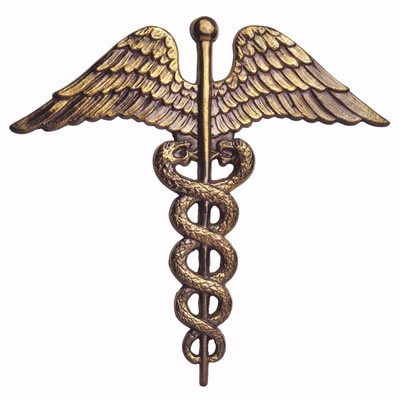 The Obesity Treatment Foundation (OTF) helps keep you up to date on current obesity research! Each week, OTF publishes a brief overview of three recent studies so you can be in the know, even during your busiest days. Click the titles below to view the full articles, and please consider supporting OTF so we can continue to provide you with updates on the latest research. The Obesity Treatment Foundation (OTF) helps keep you up to date on current obesity research! Each week, OTF publishes a brief overview of three recent studies so you can be in the know, even during your busiest days. Click the titles below to view the full articles, and please consider supporting OTF so we can continue to provide you with updates on the latest research.
Shukla, A. P., et al. Diabetes Care, 2015.
The order in which people with obesity and type 2 diabetes eat their food can affect their blood sugar levels. A study was conducted to test whether having protein and vegetables before carbohydrates was linked to lower blood sugar and insulin levels after the meal, compared to consuming carbohydrates first (e.g., having bread before a meal). The study found that glucose and insulin levels were lower when people had protein and vegetables first and bread later in the meal, compared to eating bread first. This study suggests that the timing of food intake may be more important than avoiding certain foods, such as bread, altogether.
Lepping, R. J., et al. Obesity, 2015.
Different methods of weight loss may affect brain responses to food-based stimuli, which could impact behavioral responses to food cues. A study was conducted to compare how weight loss with bariatric surgery differs from weight loss using behavioral interventions in terms of the intrinsic resting brain connectivity before and after eating a meal. This connectivity may be critical in understanding the underlying neural mechanisms that lead to successful weight loss. The study found that behavioral dieters had increased connectivity between the left precuneus/superior parietal lobule (SPL) and bilateral insula after the meal, and bariatric patients exhibited decreased connectivity between these regions after the meal. These results suggest that there may be increased attention to hunger signals following surgical procedures and increased attention to satiety signals following behavioral diet interventions. These findings may have implications for success of weight-loss maintenance.
GLP-1 receptor agonists: Non-glycemic clinical effects in weight loss and beyond
Ryan, D., and Acosta, A. Obesity, 2015.
Glucagon-like peptide-1 (GLP-1) receptor agonists are often used in treating type 2 diabetes, and with the observation of weight loss as a side-effect, they have been explored for weight management as well. With the approval of liraglutide 3.0 mg/day for weight management in the U.S. and Europe, their use may be increasing. GLP-1 receptors are present in a wide number of body tissues. This review describes the effects of GLP-1 agonists on cardiovascular, neurologic, and renal systems and on taste perception, independent of weight loss.
|
Education
-
Full Conference
30 CME | Sept. 30-Oct. 4 | RegisterIncludes both the Obesity Medicine Certification Review Course and the Fall Obesity Summit.
-
Obesity Medicine Certification Review Course13 CME | Sept. 30-Oct. 1 | RegisterThis course addresses the topics related to obesity medicine about which physicians may be tested on the American Board of Obesity Medicine (ABOM) certification exam.
- Research Basics Workshop
4.25 CME | Oct. 1 | Register
This is an interactive, half-day workshop to help clinicians learn the basics of conducting practice-based research and how to publish the results.
-
Fall Obesity Summit17 CME | Oct. 2-4 | RegisterThis summit addresses topics related to current and emerging scientific research, evidence-based treatment approaches, technologies, and clinical and practical methods used by clinicians in the field of obesity medicine.

Refer a provider to an Obesity Basic Medical Treatment course
There are plenty of opportunities to refer a colleague to learn the basics of medical obesity treatment. The one-day Obesity Basic Medical Treatment introductory course teaches physicians and health care providers who are brand new to the field of obesity medicine about the basic approaches to obesity treatment. Do you know someone interested in getting involved in obesity medicine? Refer them to a course in their area!
|
|
|
|
|